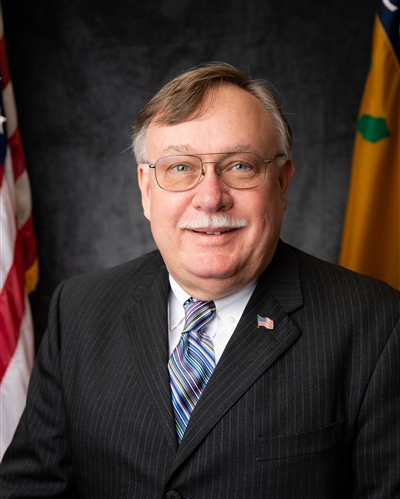
Mailing Address
48 West Third Street
Williamsport, PA 17701
Office Address
33 West Third Street
2nd Floor
Wilamsport, PA 17701
Office Hours
Monday - Friday
9:00 a.m. - 5:00 p.m.
Office Phone: 570-327-2305
Fax: 570-329-4774
Facebook: https://www.facebook.com/lycocoroner
Charles E. Kiessling Jr.,
RN, BSN, PHRN, CFRN, CEN
Phone: 570-329-4718
Fax: 570-329-4774
Email: ckiessling@lyco.org
About Us...
Probably not many kids dream about becoming a Coroner. But, obviously, many people are elected to the position and become committed to serving their community in that capacity. Question: So, exactly what does a Coroner do? And when should he be called? Answer: According to the Pennsylvania Statutes pertaining to the Office of the Coroner, Section 1218-B; the Coroner must be notified to investigate the circumstances concerning deaths to determine the identification of the deceased, cause and manner of death and whether an autopsy should be conducted. Deaths that require Coroner’s investigation are sudden or unexpected, medically unattended, suspicious or violent deaths. The Coroner is also empowered to conduct an inquest and subpoena witnesses in deaths that may have resulted from criminal action or a negligent act. Specifically, the Coroner is called to investigate:
- Death of unknown cause
- Death occurring under suspicious circumstances, including alcohol, drugs, etc.
- Unidentified or unclaimed body
- Death due to known/suspected contagious disease/constitutes a public hazard
- Operative and peri-operative deaths
- Death occurring in prison or while in custody of the police
- Death of persons to be cremated or buried at sea
- Sudden infant death syndrome and stillbirths
The Coroner is also responsible for maintaining the security of the scene, determining medical history, notifying the next of kin, retaining the property on or about the deceased until the family can claim it, and issuing death certificates. There are over 1,200 deaths in the county per year, of which about 700 are referred to the Coroner’s Office. Of those, about 10% of them require autopsies of the decedent. This means that the Coroner spends about 30 days a year transporting bodies to the Lehigh Valley Hospital in Allentown, where autopsies are performed. He may assist in the autopsy process and determination of cause and manner of death, whether natural, accidental, suicide, homicide, or undetermined, and then transports the body back to the county.
Ten Years of Progress
The Coroner’s present office on the third floor of the Executive Plaza building is a far cry from his first office on the fourth floor of the court house—next to the DA’s office. Starting in 1997 with a staff of only two part-time deputies, Chuck has transformed the Coroner’s Office into an active and valuable asset to the community with a contingent of eight individuals who serve as Deputy Coroners, each with specialized backgrounds in forensic evidence collection, sexual assault, forensic dental identification and state police training. The department also has full-time clerical assistance which provides the necessary support that this busy office demands on a daily basis.
~Text written by Joan Blank for the Sept. 1 2006 edition of the “County News” – the quarterly newsletter for employees of Lycoming County, published by the Human Resources Office, County of Lycoming.